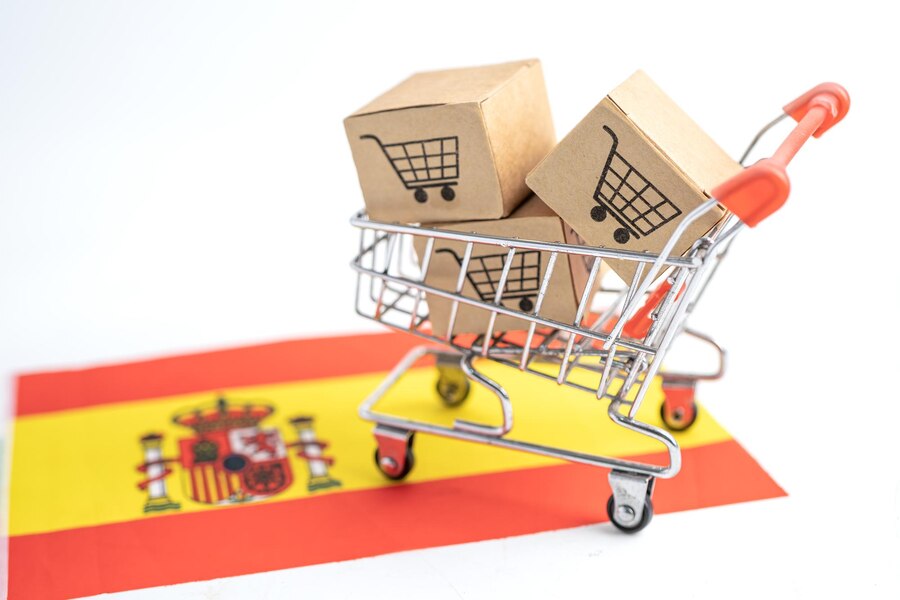Innovation is the way to push tourism forward
Innovation is not just about the future. For me, innovation is about the present. When we consider innovation, it’s not just about a way of using technology but also a way of talking and a way of acting.
Today we have the privilege of using technology within every facet of the tourism industry – a sector which has been creating the strongest of evolutions when it comes to innovation. Tourism has been a huge supporter of technological advancement since the beginning of the digital and cyber revolution.
In fact, one could argue, that the first wave of corporate disruption caused by the dawn of the internet was indeed the tourism sector, with a worldwide network developed, connecting airlines, travel agents and tourists.
The second era was with the creation of online travel agencies, and everything related to bookings and reservations. They were all small startups which grew and expanded into some of the giants which we know today.
The revolution which I love the most, however, is that which we are experiencing today. The startup revolution began approximately 15 years ago, when the power of entrepreneurs and the power of young minds helped not only in the way people were travelling, but the way companies were making decisions. That’s how concepts such as artificial intelligence, big data solutions, machine learning, augmented reality and virtual reality came into play to make a better tourism experience for all.
Improving social inclusion and accessibility
At the UNWTO, under the leaderships of the Secretary-General Zurab Pololikashvili, we have promoted entrepreneurship in our Member States: startup competitions have included over 11,000 entrepreneurs from more than 150 countries worldwide – all working on technology to improve the industry. They created added value through wearable technology and mobile device-led tech. We should note that these innovations did not only create technological solutions, but also made leaps in social inclusion.
They are improving accessibility, for example apps which display the best places, attractions and venues for people living with various disabilities. An example of how social inclusion has been improved comes from my hometown in Colombia. I saw an incredible innovation after the peace process, where young entrepreneurs decided to create a startup for former Guerillas to become tour guides.
Other innovations push to solve significant issues that tourists face day-to-day. Refundit, the winner of our first startup competition, is a star in solving the serious issue that all travelers experience around VAT and refunds, creating a more fair and transparent tourism sector.

About Natalia Bayona
The Author
Director of the Innovation, Education and Investments Department
World Tourism Organization (UNWTO)
Natalia Bayona leads the innovation, education and
investments strategy of UNWTO, the UN specialized agency
for the promotion of sustainable tourism.
Read More
Tax-free shopping innovation and its effects on the tourism industry
 One thing many of us as tourists have in common, is the desire to experience new things and then bring part of those experiences home with us – often in the form of crafts or goods. The creation of a digitalised platform that is available to everyone, helps with democratization and can in turn improve economic growth. We should not forget that 80% of retailers around the world are SMEs and so, democratization facilitated by these ventures through easy-to-use platforms is beneficial to them, while also connecting rural and suburban businesses which may be more isolated from the digital world.
One thing many of us as tourists have in common, is the desire to experience new things and then bring part of those experiences home with us – often in the form of crafts or goods. The creation of a digitalised platform that is available to everyone, helps with democratization and can in turn improve economic growth. We should not forget that 80% of retailers around the world are SMEs and so, democratization facilitated by these ventures through easy-to-use platforms is beneficial to them, while also connecting rural and suburban businesses which may be more isolated from the digital world.
On the other hand, these technologies also help the customer. For me, this falls into two categories – first, efficiency. To give you an example, before the pandemic I used to travel to more than 30 countries per year. I would see a lot of queues in a lot of airports, full of travellers waiting for a VAT-refund. I have to say, that as a customer I see these lines and most of the time, I don’t wait because when I am working and in a rush – I simply don’t have the time.
The second is transparency – normally when I go to a country, I know that I won’t get the full percentage of the refund due to commissions, and so there is always a question mark – where is that money going? To the authority? For intermediation? The more transparent the system the more the customers will trust you.
Potential issues to solves to ensure effectiveness
Of course, to implement such a system there are challenges. The first is bureaucracy. I’ve worked in the public sector throughout the majority of my professional life. I love working with governments, but the coordination needed for such a platform to go live must include cooperation from the tax authority, the Ministry of Economy and the Ministry of Tourism – which is a challenge.
The Ministry of Tourism will agree that it’s an excellent promotional way to expand tourism reach. The Ministry of Economy, however, must then be convinced before the model is executed via the tax authority. The challenge is the coordination of all of these parties and in ensuring that they each fully understand how this technology can vastly improve efficiency.
 The other side of this coin is, that, as a startup, you always have to fight against the large corporate dinosaurs. There are many companies who already operate or have a vested interest in this business – although perhaps in a more traditional way. They need to understand how collaboration with a startup can improve the situation, though many people may instinctively be averse to change.
The other side of this coin is, that, as a startup, you always have to fight against the large corporate dinosaurs. There are many companies who already operate or have a vested interest in this business – although perhaps in a more traditional way. They need to understand how collaboration with a startup can improve the situation, though many people may instinctively be averse to change.
However, at the end of the day, institutions are about people – including dinosaurs and bureaucrats. When I first came to the UNWTO, there was no innovation strategy. I created the department of innovation, education and technology – it was a new thing. If people truly want change and to be the leaders of that change, I certainly believe that it is possible.
The necessity for a tourism innovation ecosystem
What is needed is the solidifying of the tourism innovation ecosystem, to make people understand why they need to work with startups. It is not enough to simply create startups, we also need to support scaleups. In this jungle of entrepreneurs, there is a responsibility to ensure that corporate investors and governments understand the necessity to promote tech within our ecosystems and throughout our daily lives.
The power of scalability is so important to create sustainable growth in tourism across the world. With SMEs making up 80% of tourism around the world, we have to remember that SMEs are the businesses which will become startups before turning into scaleups. If we want a more sustainable future where investments are key, youth empowerment is key and, of course, the power of digitalisation is key, then we need the power of innovation to push, push and push again, to help our startups grow.
Tourism and innovation are like family – they can no longer be separated.






